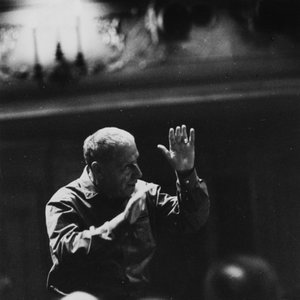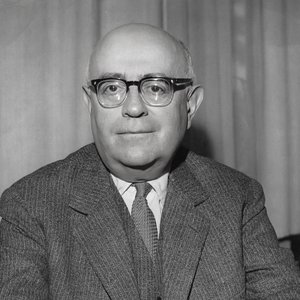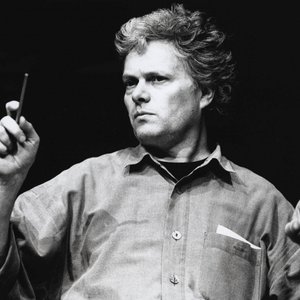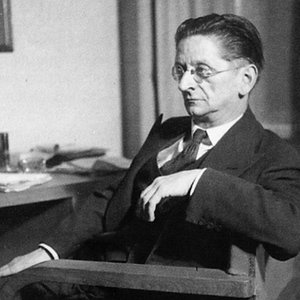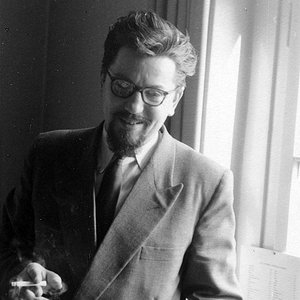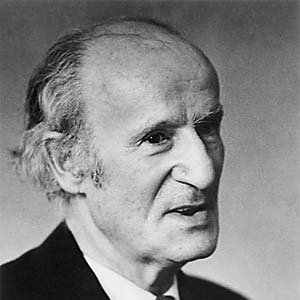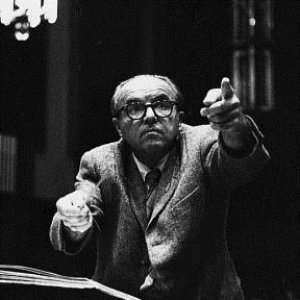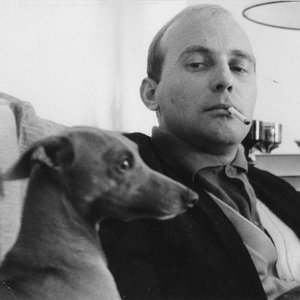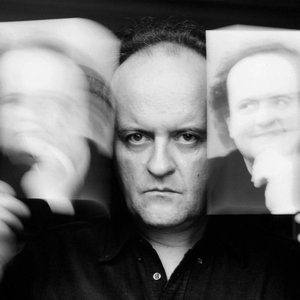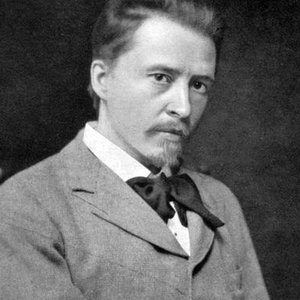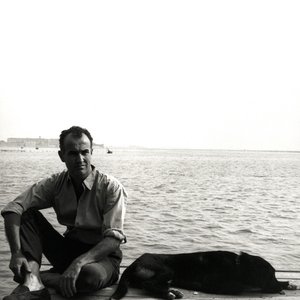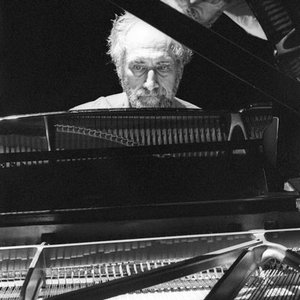Biography
-
Born
6 July 1898
-
Born In
Leipzig, Sachsen, Germany
-
Died
6 September 1962 (aged 64)
Hanns Eisler (July 6, 1898 - September 6, 1962) was a German and Austrian composer, a committed socialist, a lifelong collaborator with Bertolt Brecht, and the greatest lieder composer of the 20th century.
He was born in Leipzig where his Jewish father, Rudolf Eisler, was a professor of philosophy. In Vienna he studied under Arnold Schoenberg, and was the first of Schoenberg's disciples to compose using the twelve-tone or serial technique.
In 1925 Eisler moved to Berlin—then a hothouse of experimentation in music, theater, film, art and politics. There, he identified closely with the Communist Party of Germany although he never joined. His music became increasingly oriented towards political themes and, to Schoenberg's dismay, more "popular" in style with influences drawn from jazz and cabaret. At the same time, he drew closer to Bertolt Brecht, a collaboration that lasted for the rest of Brecht's life. Eisler wrote the music for several Brecht plays, including The Measures Taken (1930), The Mother (1931) and Schweik in the Second World War (1944).
Moving to America after the rise of the Nazis, Eisler taught composition at the New School, wrote experimental chamber and documentary music, and composed several Hollywood film scores, two of which—Hangmen Also Die and None but the Lonely Heart—were nominated for Oscars. In 1947 he wrote the book Composing for the Films with Theodor Adorno. Eisler's two most notable works of the 1930s and 40s were the monumental Deutsche Sinfonie (1935-57) and a cycle of art songs published as the Hollywood Songbook (1938-43). With lyrics by Brecht, Morike, Hölderlin and Goethe, it established Eisler's reputation as one of the 20th century's great composers of German lieder.
Eisler's promising career in the U.S. was interrupted by the Cold War. He was one of the first artists placed on the Hollywood blacklist by the movie studio bosses. Eisler's supporters—including his friend Charlie Chaplin and the composers Igor Stravinsky, Aaron Copland and Leonard Bernstein—organized benefit concerts to raise money for his defense fund, but he was deported early in 1948. Settling in East Berlin, Eisler composed Auferstanden aus Ruinen, the national anthem of the German Democratic Republic, a cycle of cabaret-style songs to satirical poems by Kurt Tucholsky, and incidental music for theater, films and television. His most ambitious project of the period, a modern opera on the Faust theme, was attacked by Communist censors and never completed. Although he continued to work as a composer and to teach at the East Berlin conservatory, the gap between Eisler and the cultural functionaries of East Germany grew wider in the last decade of his life. He died in East Berlin and is buried near Brecht in the Dorotheenstadt Cemetery.
- Highly recommended site for further informations (in English): eislermusic.com
Artist descriptions on Last.fm are editable by everyone. Feel free to contribute!
All user-contributed text on this page is available under the Creative Commons Attribution-ShareAlike License; additional terms may apply.

